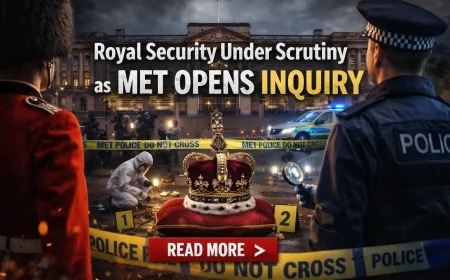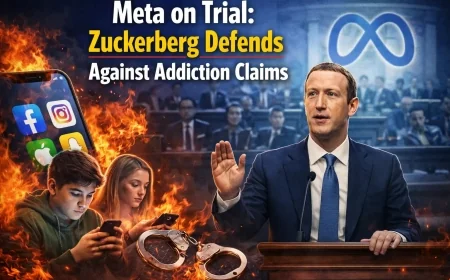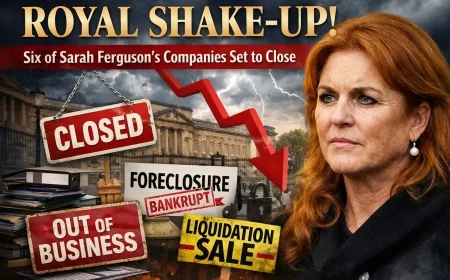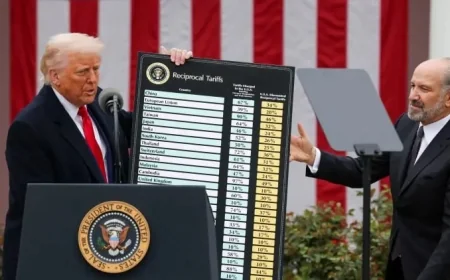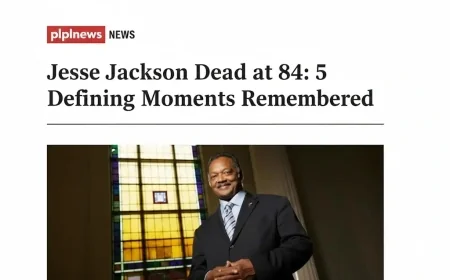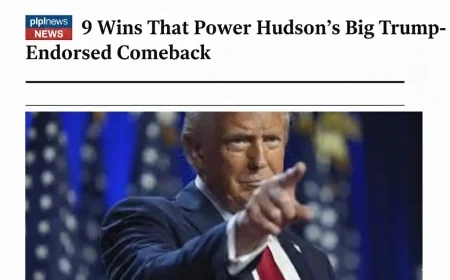US President Donald Trump says he has approved a bill that orders the release of government files on the late convicted sex offender Jeffrey Epstein – a turning point in the months-long battle over the documents.
The Justice Department now has 30 days to publicly share all information obtained from the federal investigation into Epstein. However, it can withhold files that relate to active criminal investigations or are deemed to invade personal privacy.
In a major shift, Trump dropped his opposition to the measure last weekend, following opposition from Epstein's victims and members of his own Republican Party.
With their support, the measure passed both houses of Congress by overwhelming majorities.
Until recently, Trump had dismissed the need to release the documents, calling it a "hoax" perpetrated by Democrats to distract from his party's work. This stance was at odds with his own stance ahead of the 2024 election.
He wrote, "Perhaps the truth about these Democrats and their relationship with Jeffrey Epstein will soon be revealed, as I just signed the bill to release Epstein's files!"
Although a congressional vote was not required to release the files—Trump himself could have ordered the release—lawmakers in the House passed the legislation by a vote of 427-1. The Senate unanimously agreed to pass it upon its arrival, sending the bill to Trump for his signature.
The lone vote against the proposal in the House came from Louisiana Republican Clay Higgins, who objected to the scope of information that could be released. He said it could expose and endanger "thousands of innocent people" who may have spoken to investigators about allegations against Epstein.
Now, under the law signed by Trump, Attorney General Pam Bondi must release the documents within 30 days.
The files to be released relate to the criminal investigation against Epstein, including transcripts of interviews with victims and witnesses and items seized during raids on his properties. These materials include internal Justice Department communications, flight logs, and information about people and entities associated with the late financier.
But there are some exceptions.
The proposal allows the Justice Department to withhold any documents related to the criminal investigation. Following the release of estate documents last week, Trump said he would ask Bondi to investigate Epstein's connections to people who apparently interacted with him. Bondi immediately said the Justice Department would "work on this swiftly and honestly."
Republican Congressman Thomas Massie, one of the architects of the bill, said he was concerned that the move would lead to the withholding of some federal files.
He said, "I'm concerned that [Trump] is launching too many investigations, and I think he might be trying to use those investigations as an excuse not to release the files. That's my concern." Bondy may also be concealing information that could identify victims, leading many to speculate that portions of the files will be redacted—though it's unclear how extensive the redactions might be.
Trump promised to make the files public during his 2024 presidential campaign, and earlier this year his administration released thousands of pages of documents from the Epstein investigation, mostly flight logs. While Trump said more documents were coming, Bondy later announced in July that no further releases would be made.
This prompted lawmakers from both parties to introduce a resolution forcing the release of the files. One of the resolution's main supporters was Republican Representative Marjorie Taylor Greene, one of Trump's staunchest political allies. She has publicly clashed with Trump in recent weeks, as the US president opposed the resolution until just days before the vote.
After the resolution passed, Greene posted that she would read aloud on the House floor the names of any powerful individuals included in any released files.
The expected files are separate from the more than 20,000 pages of documents about Epstein's estate released by Congress last week, some of which mention Trump.
These include messages from Epstein from 2018 in which he said of Trump: "Only I can take him down" and "I know how dirty Donald is."
Trump was friends with Epstein for many years, but the president has said they had a falling out in the early 2000s, several years before Epstein was first arrested. Trump has consistently denied any wrongdoing in connection with Epstein.
Speaking to reporters on Monday night, Trump said Republicans "have nothing to do with Epstein."
He added, "This is really a Democrat problem." "Democrats were friends with Epstein, all of them."
The family of Virginia Giuffre, who died by suicide earlier this year, said in a statement that Trump signing the bill was a "huge deal" for Giuffre and other survivors.
"As we look towards the next chapter, we remain vigilant. This work is not finished. Every name must be revealed, regardless of power, wealth, or party affiliation," her brother and sister-in-law, Sky and Amanda Roberts, said.
Epstein was found dead in 2019 in his New York prison cell in what a coroner ruled was a suicide. He was being held on charges of sex trafficking. He had been convicted previously of soliciting prostitution from a minor in 2008.
The once high-flying financier had ties with a number of high-profile figures, including Andrew Mountbatten Windsor, the brother of King Charles and former prince; Trump; Trump's former advisor Steve Bannon; and a cast of other characters from the world of media, politics and entertainment.
On Wednesday, former Harvard president Larry Summers took a leave from teaching at the university while the school investigated his links to Epstein, revealed in a series of chummy email exchanges.
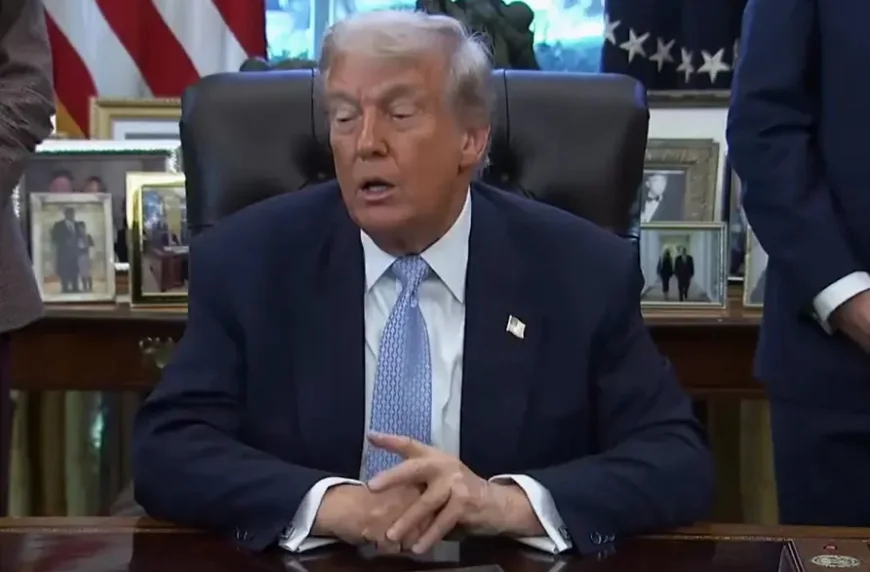
 Like
0
Like
0
 Dislike
0
Dislike
0
 Love
0
Love
0
 Funny
0
Funny
0
 Angry
0
Angry
0
 Sad
0
Sad
0
 Wow
0
Wow
0



